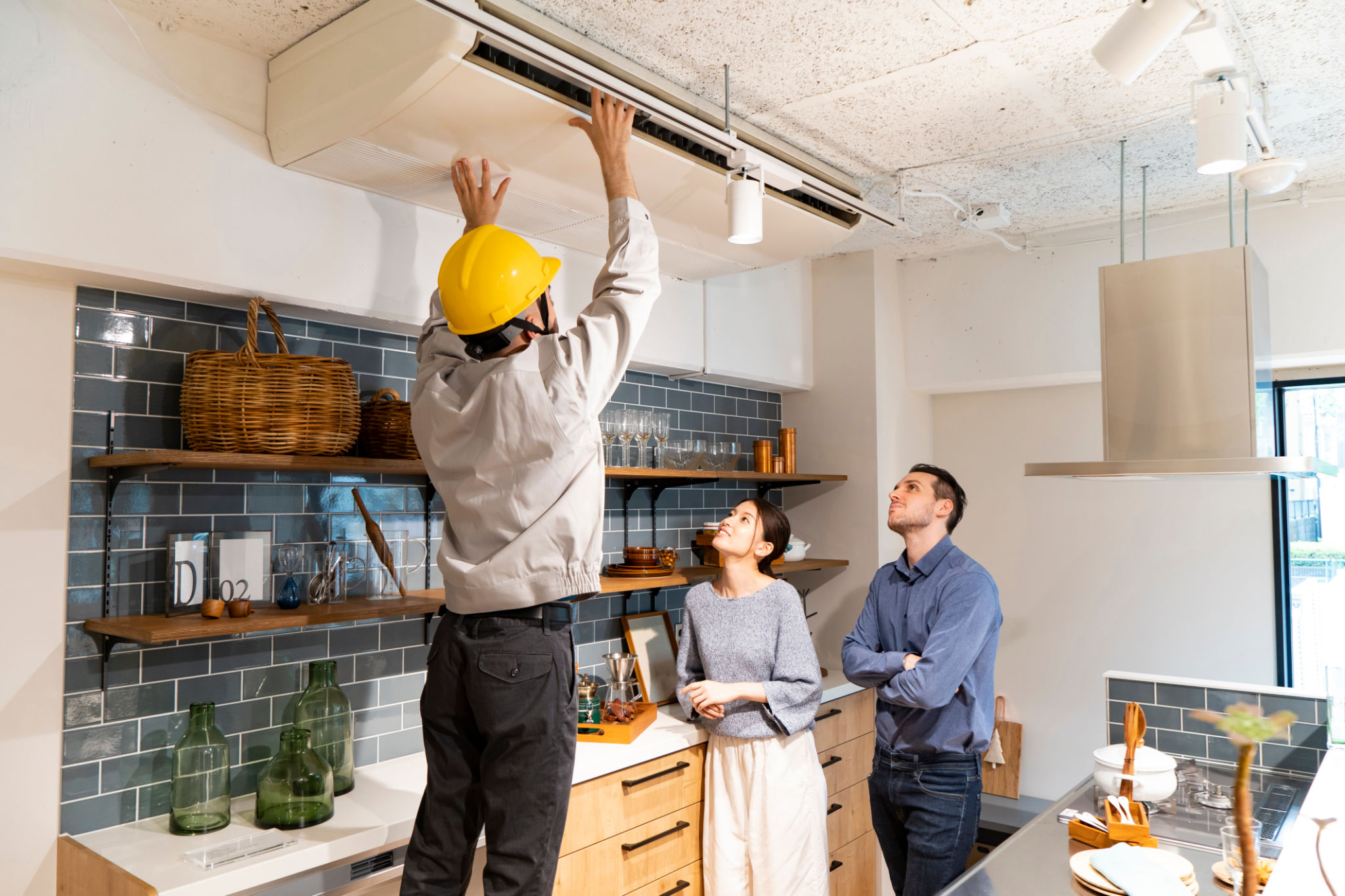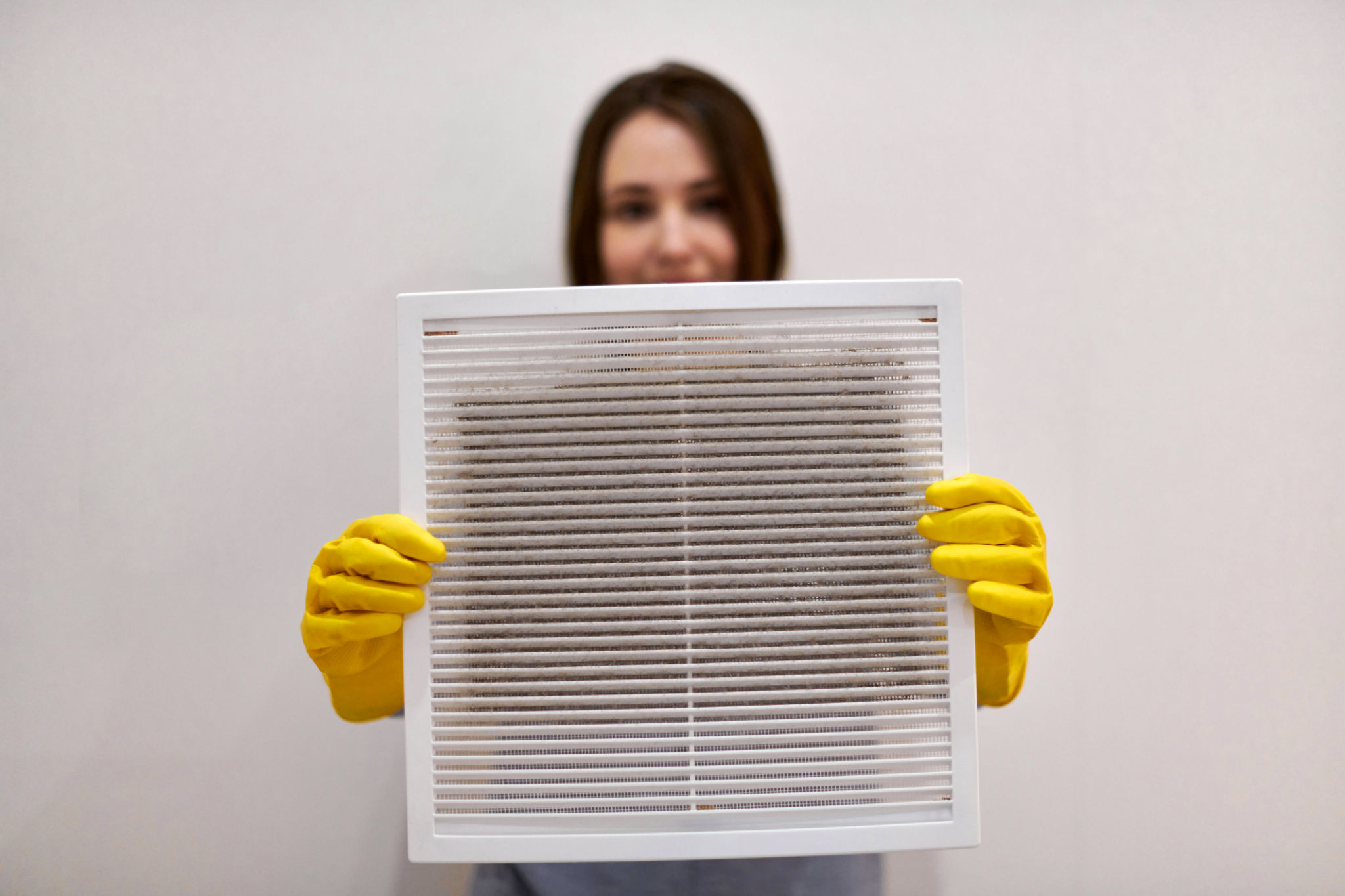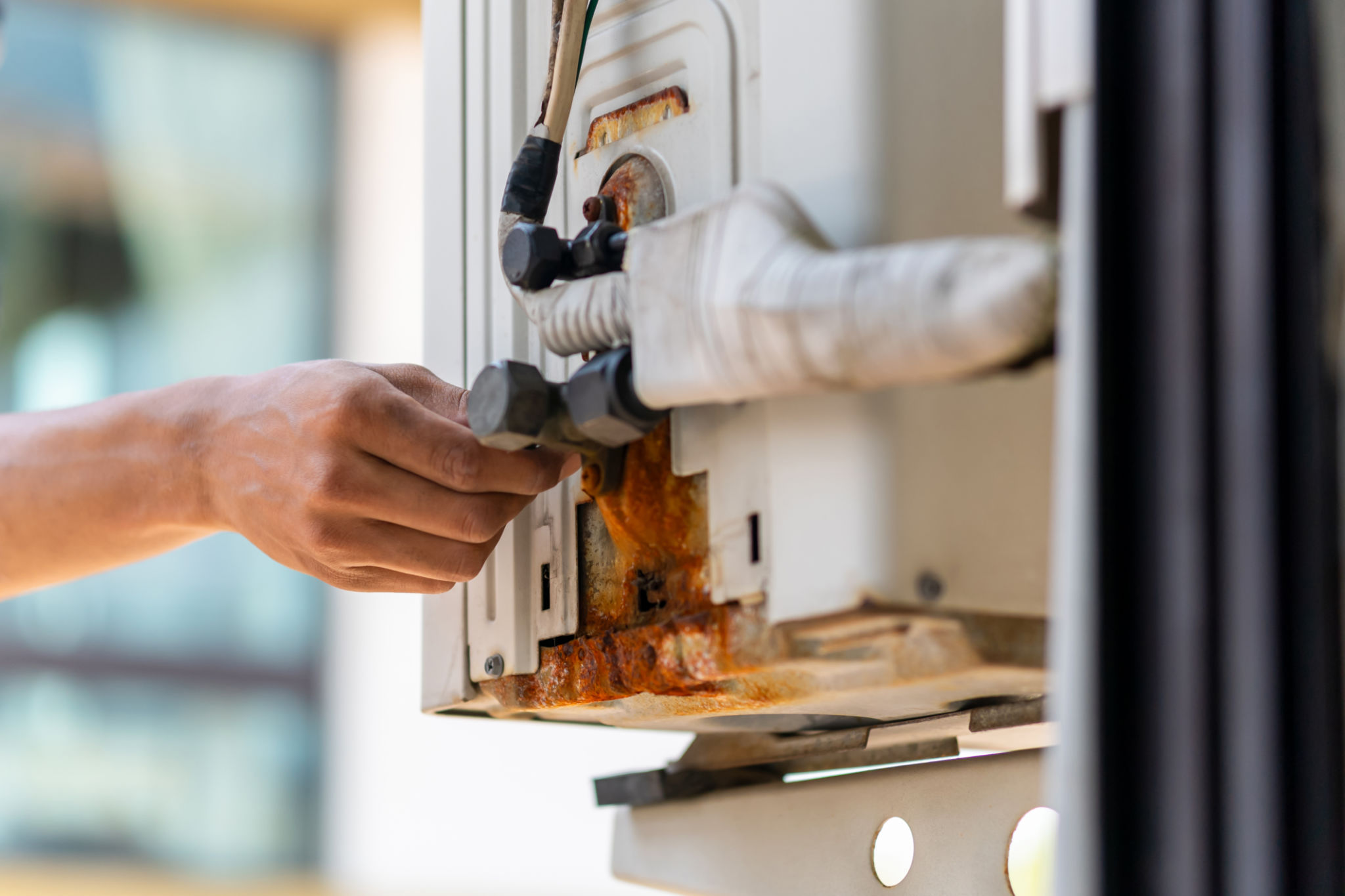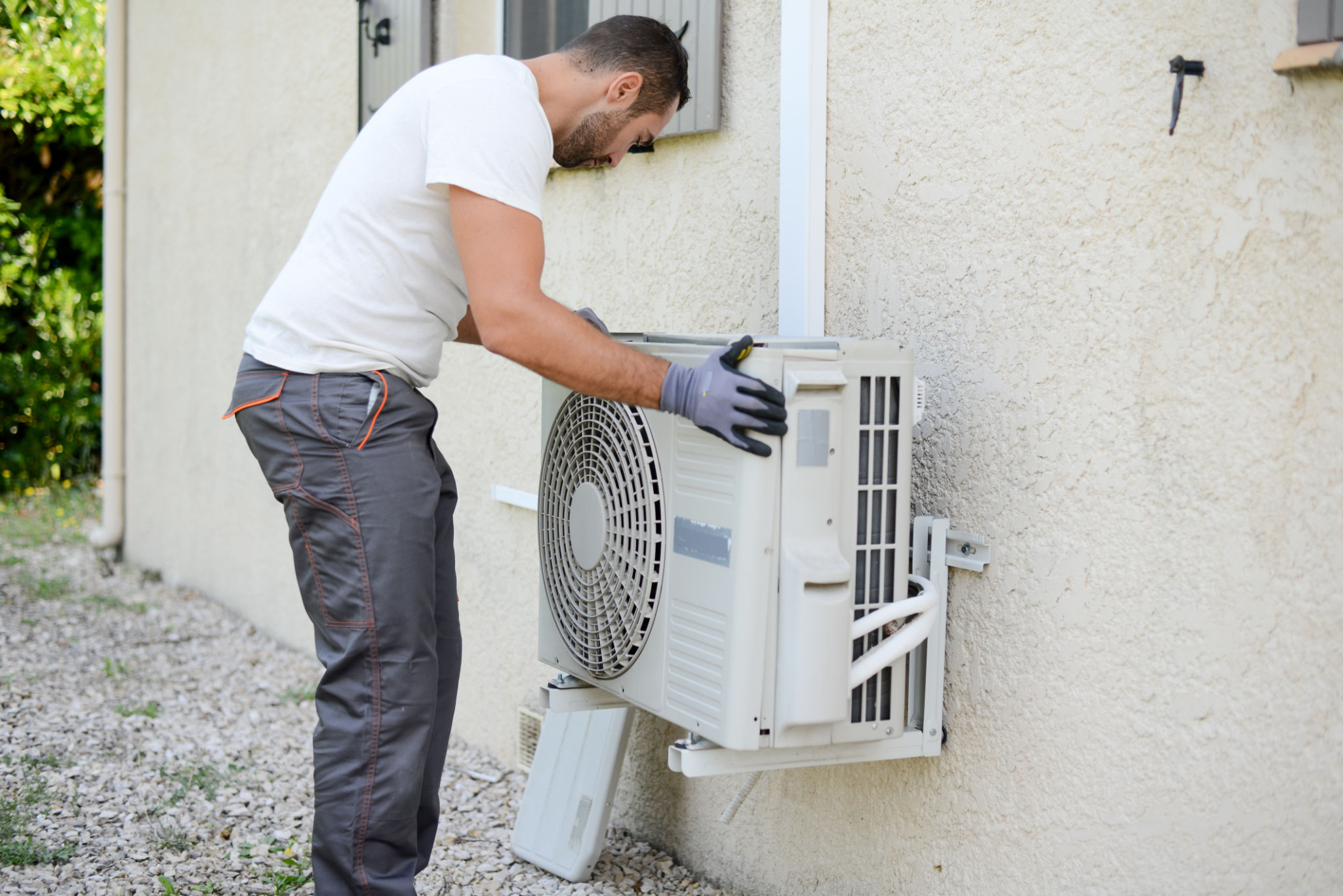DIY Air Conditioner Troubleshooting: When to Call the Experts
Understanding Your Air Conditioner
As temperatures rise, your air conditioner becomes an essential part of maintaining a comfortable home environment. However, like any appliance, it can encounter issues over time. Knowing how to troubleshoot basic problems can save you time and money, but there are moments when calling in a professional is the best option.

Common DIY Troubleshooting Steps
Check the Thermostat
Before diving into more complex solutions, start with the simplest: your thermostat. Ensure it's set to "cool" and the temperature is below the current room temperature. If your thermostat is battery-operated, replacing the batteries might solve the problem.
Inspect the Air Filter
A clogged air filter can severely impact your air conditioner's performance. Check the filter and replace it if it's dirty. A clean filter improves airflow and efficiency, potentially resolving performance issues without further intervention.

Examine the Circuit Breaker
If your air conditioner isn't turning on at all, it might be due to a tripped circuit breaker. Locate your home's electrical panel and inspect the switches. Reset any that have tripped back to the "on" position. This simple fix can restore power to your unit.
When to Call the Experts
Refrigerant Leaks
If you notice your air conditioner isn't cooling effectively, it might be due to a refrigerant leak. This issue requires specialized tools and knowledge to repair, making it a job for professionals. Attempting to fix it yourself can lead to further damage and safety risks.

Strange Noises or Odors
Unusual sounds or smells coming from your unit are signs that something is wrong. Rattling, screeching, or a burning odor could indicate mechanical problems or electrical issues. Professionals can diagnose and address these problems safely and effectively.
Frequent Cycling
An air conditioner that turns on and off frequently, known as short cycling, can be caused by several underlying issues. It might be due to an oversized unit, a malfunctioning thermostat, or inadequate refrigerant levels. An HVAC technician can identify and resolve the cause correctly.
Benefits of Professional Assistance
While DIY troubleshooting can address minor issues, relying on experts ensures that more complicated problems are handled with precision. Professionals have access to specialized tools and possess extensive training to ensure repairs are done right the first time.

In conclusion, while some air conditioner problems can be resolved through DIY methods, others require professional intervention. Always prioritize safety and consult a professional when in doubt, ensuring your air conditioning system operates efficiently throughout the hot months.
